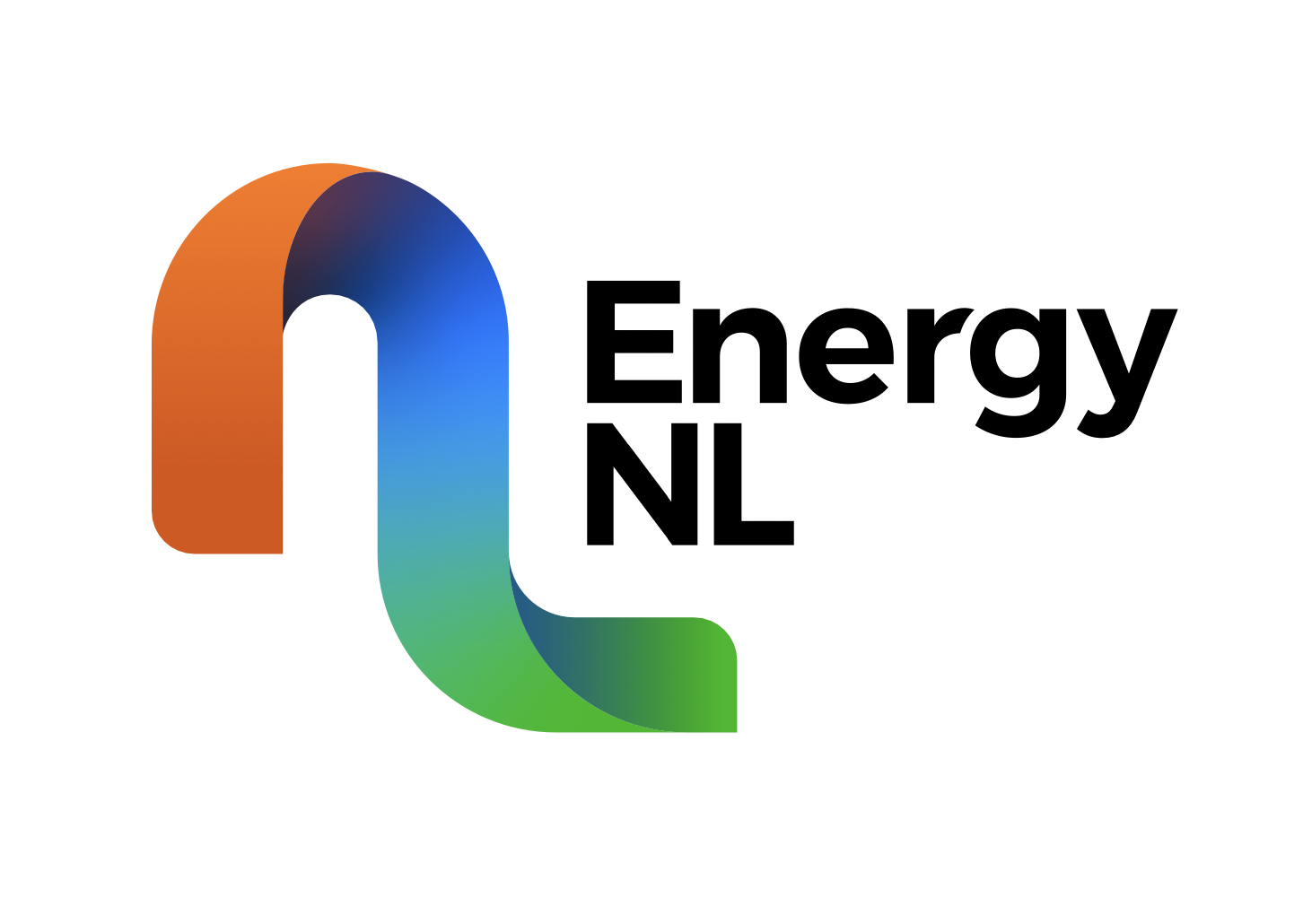Vacationers may have stopped flying during the pandemic, but international travel is still a necessity for business.
And for people like Gerry Mayo, it means extra layers of complications moving foreign workers to job sites in the Newfoundland offshore.
Mayo is vice president of operations and an immigration consultant with the firm P.F. Collins in St. John’s.
It’s his job to help companies move workers across international boundaries, to and from the oil rigs and supply ships.
COVID has made that task even more complicated.
In addition to mandatory two-week quarantine periods for foreign workers entering Canada, and a new online system for companies to apply for permission to bring workers in, there were also regulations that had to be followed in other countries.
That involved dealing with foreign embassies.
“These individuals needed authorization and had to provide biometrics — fingerprints, retina scans etc. — in order to obtain their work permits for Canada. But they were required to do this at the embassies in their home countries,” Mayo told SaltWire.
However, with frequent COVID lockdowns it was harder to get access to some embassies, he said.
“Embassies were closed at some points, or there was restricted access, and it was hard to get appointments,” he said, adding P.F. Collins provided support in that process, setting up the appointments with the various embassies, many of whom they had dealt with on a regular basis before COVID was a factor.
Prior to the pandemic, the process of ticking off the boxes required for international workers could take three to six months to put everything in place.
“With COVID we were looking at further timelines of anywhere from three weeks to a month or two months. It varied by location … and the relationships we had with others,” said Mayo.
Dealing with the embassy in London was less challenging.
“They knew who we were, they knew what we were doing, and they knew a little bit about the oil and gas industry,” he said. “But some other embassies were harder to deal with and the response time was longer.”
“They knew who we were, they knew what we were doing, and they knew a little bit about the oil and gas industry.” — Gerry Mayo
Still, the extra measures that had to be taken by the oil and gas industry during COVID, have helped soften the COVID blow for some businesses in the hospitality industry.
Earlier this year Mayo and his team booked out 120 hotel rooms and a couple of ballrooms at the Holiday Inn, St. John’s for one oil and gas project.
From March to July, the duration of this specific project, the rooms were needed to quarantine workers on their arrival, to do daily wellness checks for each worker, and to provide space to set up rapid testing on their arrival. They were also used by local workers who were required to quarantine before heading to the worksites.
“We required 5,785 hotel room nights for that specific project,” he said. “At one point we had filled out an entire wing at that hotel, as well as two or three ballrooms, where we set up COVID screening and rapid testing.”
That all meant revenue for the hotel in a year when leisure travel was practically at a standstill.
“This filled a big, big gap for the local hotel industry,” said Mayo.
Mayo said COVID will most certainly continue to be an added complication, and added cost, for the oil and gas industry, just on the travel side alone.
With more oil rigs possibly coming back online in the Newfoundland offshore, he said, it will be crucial to be able to plan ahead to prepare for the tasks involved in arranging travel.
“It’s not for us to decide what the rules and regulation will be,” said Mayo, but he believes a vaccine passport system will have to be part of the process.
“I can only express my personal opinion … it’s a phenomenal idea. I think it’s something that will certainly provide a level of security, health and safety, to people knowing that someone entering the province is double vaccinated and … if they’re not, that they follow the appropriate regulations.
“I am all in favour of whatever protocols we can put in place to make sure we don’t have an outbreak or spread of COVID in this province.”
Source: Saltwire | This text was excerpted from the media outlet cited on September 24, 2021 and is provided to Noia members for information purposes only. Any opinion expressed therein is neither attributable to nor endorsed by Noia.





